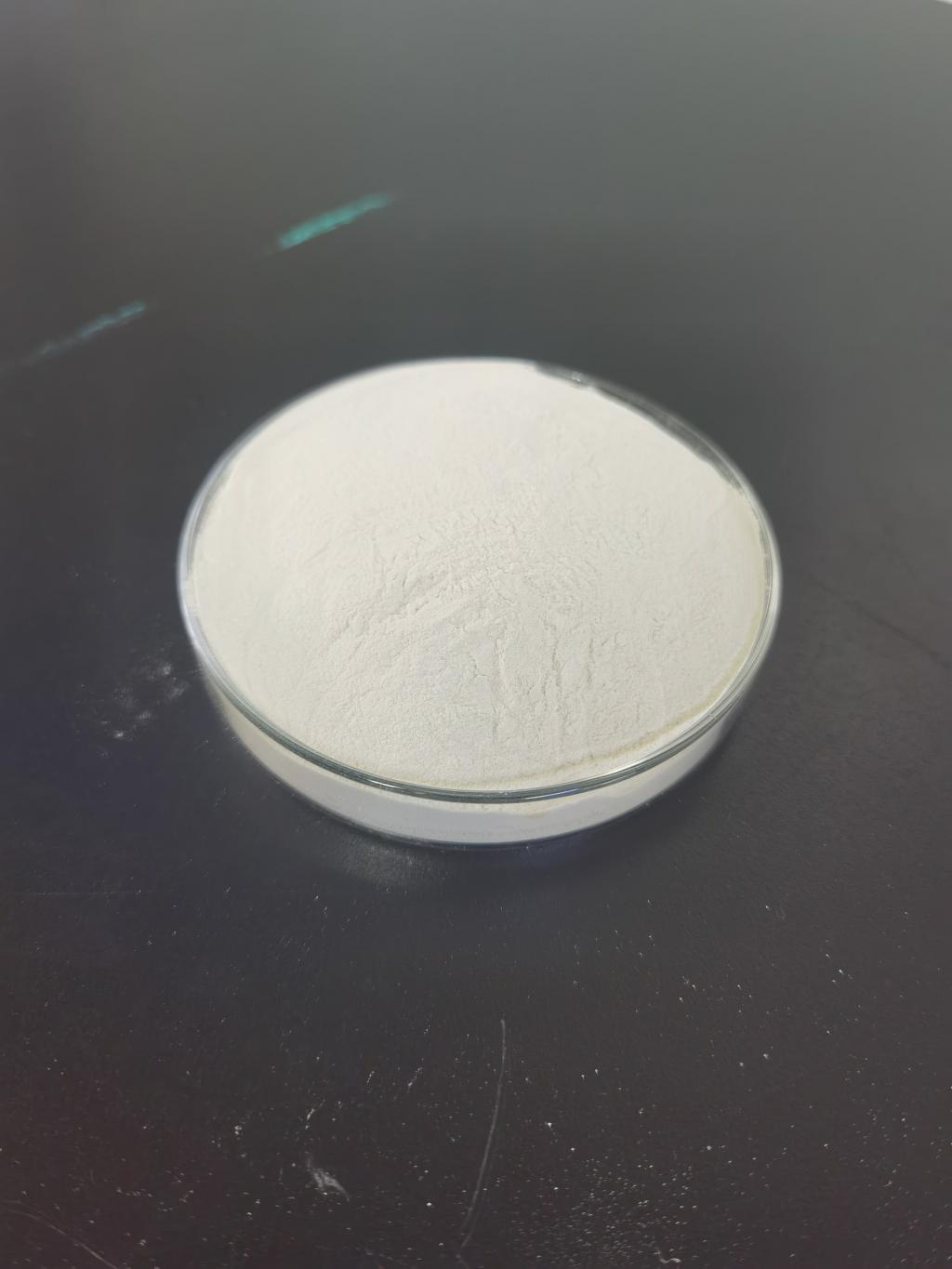Tel:+8618231198596

News
 CONTACT
CONTACT
 CONTACT
CONTACT
- Linkman:Linda Yao
- Tel: +8618231198596
- Email:linda.yao@dcpharma.cn
- Linkman:CHARLES.WANG
- Department:Overseas
- Tel: 0086 0311-85537378 0086 0311-85539701
News
Can the Nisin be used in organic or natural food products?
TIME:2023-07-14
Understanding Organic and Natural Food Products:
Organic food products are produced without the use of synthetic fertilizers, pesticides, genetically modified organisms (GMOs), or irradiation. On the other hand, natural food products are minimally processed and free from artificial additives, flavors, colors, or preservatives. Both categories emphasize the use of ingredients sourced from sustainable agriculture and environmentally friendly practices.
Nisin as a Natural Preservative:
Nisin aligns well with the principles of organic and natural food production as it is derived from a natural source, the bacterium Lactococcus lactis. It has been approved as a natural preservative by regulatory authorities in many countries. Nisin offers broad-spectrum antimicrobial activity against Gram-positive bacteria, making it an effective tool in inhibiting the growth of spoilage and pathogenic microorganisms.
Regulatory Considerations:
The use of Nisin in organic and natural food products is subject to specific regulations and certifications. Different countries and regions have their own organic certification programs that define the allowed ingredients and processes. These certifications often specify approved preservatives, including Nisin, under certain usage limits. It is crucial for manufacturers to ensure compliance with these regulations to maintain the organic or natural status of their products.
Consumer Perception and Acceptance:
Consumer perception and acceptance play a significant role in the success of using Nisin in organic and natural food products. While Nisin is a natural ingredient, some consumers may have concerns about its use as a preservative. Educating consumers about the benefits and safety of Nisin can help build trust and foster acceptance. Clear labeling and transparent communication about the use of Nisin as a natural preservative can also enhance consumer understanding.
Benefits of Nisin in Organic and Natural Food Products:
a. Extended Shelf Life: Nisin's antimicrobial properties help extend the shelf life of organic and natural food products, reducing food waste and improving product availability.
b. Enhanced Safety: By inhibiting the growth of harmful bacteria, Nisin contributes to improved food safety, reducing the risk of foodborne illnesses.
c. Reduced Need for Synthetic Preservatives: Nisin provides an alternative to synthetic preservatives, addressing consumer concerns while still ensuring product quality and safety.
d. Minimal Impact on Product Quality: When used within recommended limits, Nisin has minimal impact on the sensory attributes, taste, and texture of organic and natural food products.
Compatibility with Organic and Natural Principles:
Nisin's compatibility with organic and natural principles lies in its natural origin, its antimicrobial efficacy against harmful bacteria, and its safe use in preserving food without synthetic additives. The use of Nisin aligns with the aim of organic and natural food production to minimize chemical interventions while maintaining product integrity and safety.
Application and Formulation Considerations:
Manufacturers incorporating Nisin into organic and natural food products need to consider formulation compatibility. Factors such as pH, temperature, and interactions with other ingredients should be evaluated to ensure Nisin's stability and efficacy. Additionally, appropriate packaging materials and storage conditions should be chosen to maximize the preservation benefits of Nisin.
Conclusion:
Nisin, as a natural antimicrobial peptide, holds promise as a preservative for organic and natural food products. Its compatibility with organic and natural principles, regulatory acceptance, extended shelf life benefits, and enhanced food safety make it an attractive option for manufacturers. By addressing consumer perceptions through education and clear labeling, Nisin can be successfully incorporated into organic and natural food products, offering a natural preservative solution that aligns with consumer preferences and the principles of sustainable food production.
- Tel:+8618231198596
- Whatsapp:18231198596
- Chat With Skype







